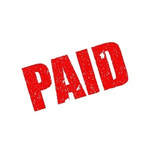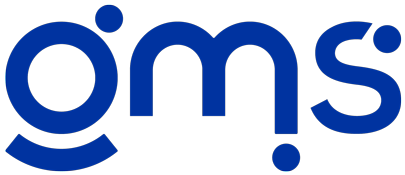TOP 3 ACCOUNTS PAYABLE MISTAKES NONPROFITS MAKE AND HOW TO AVOID THEM

1. Paying bills too early: You don’t want to get in the habit of paying bills simply because they’re on your desk. If you have a bill that is due in net 30, wait until you’re closer to that 30-day point to pay the bill. If you pay a bill early, the only cash management you are helping is that of your vendor. Keep that money in your bank account for as long as you can so you can potentially make some discretionary interest on it.
2. Paying bills too late: On the other side of the coin, you certainly want to avoid paying a bill late. In addition to damaging your credit rating this practice can cost you money as the vendor can apply late charges or service fees should you make late payments. These fees, of course, would represent expenses to your organization that can very easily be avoided. And what is more important is that the majority of funding sources define those type of fees as non-allowable costs, meaning they will have to be paid out of the organization’s discretionary funds.
3. From the Accounts Payable perspective, don’t let yourself drift to the cash method or modified cash method of accounting. Too many times we see organizations follow a practice of entering an invoice into accounts payable and issuing the check the same day. Again, you may be benefitting the vendor, but you certainly aren’t benefitting your organization. The day you receive an invoice/statement from a vendor it becomes an Accounts Payable item which typically is an “invoiceable” expense. That means you should immediately enter the invoice into your accounting system. In addition to getting the accounts payable process started immediately, it will help you keep your Financial Statements current as you now reflect that liability. Then wait to pay the bill until you are closer to the due date as referenced in item 1.
A good rule to follow is “Enter the invoice as soon as you can but pay the bill when you must”.



